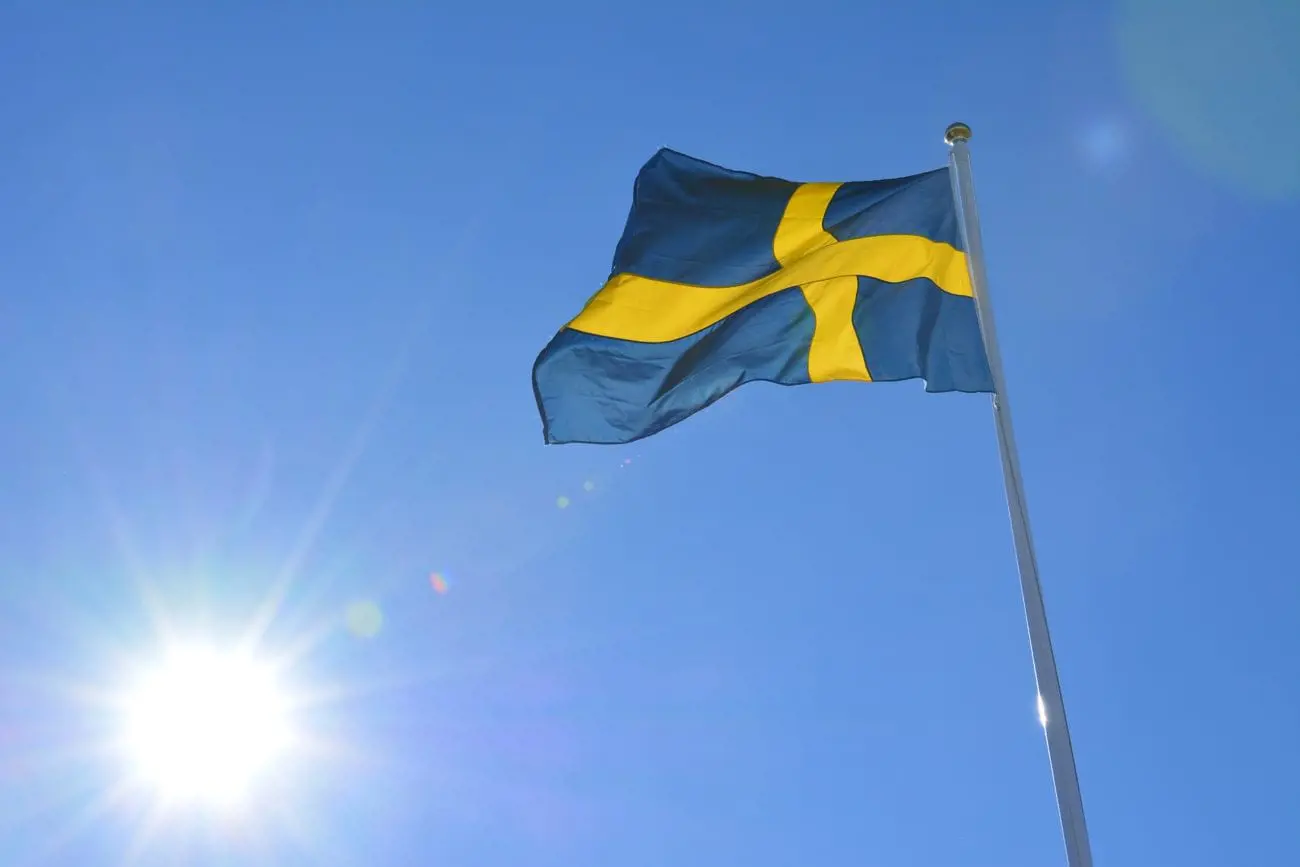Sweden’s new dawn
Spelinspektionen director general Camilla Rosenberg has already shown that under her leadership, the regulator will move quickly to crack down on non-compliant licensees. She talks to iGamingBusiness.com about her early impressions of the licensing process, the need for regulation, and the market’s early performance indicators

After years of false dawns and dashed hopes for a regulated framework for online gaming, Sweden moved remarkably quickly from planning to implementation.
The revamped Gambling Act was passed by the Swedish parliament in June 2018, and the first licence applications were filed in August. After years of stasis, allowing the offshore market to thrive, it was a welcome change of pace.
It also marked the dawning of a new day for the country’s gambling regulator, Spelinspektionen. Formerly Lotteriinspektionen until January 1, 2019, the rebranded regulator now has a broader set of responsibilities and powers. It is under the stewardship of director general Camilla Rosenberg, who has been in charge since May 2017, initially as an interim replacement for her long-serving predecessor Håkan Hallstedt, then permanently since October that year.
Rosenberg previously worked for Lotteriinspektionen before shifting to Sweden’s energy watchdog, Energimyndigheten, and then returned to the gambling body as head of operations in 2015. Her time with the energy regulator coincided with the re-regulation of that particular sector - something which she says helped prepare her for the introduction of new gaming regulations.
Above all, she says, it taught her one key lesson: “It takes time to get a re-regulated market in place.”
Time was something Spelinspektionen did not have when preparing to expand its responsibilities and process a flurry of licence applications. For years, all the regulator could do was report the growth of the offshore iGaming market in its market figures, after all.
“Both Spelinspektionen and the industry would certainly have benefited from more time for preparations, but on the other hand it was very important for Sweden to have new legislation in place,” Rosenberg says.
The market was already there and already thriving, but to ensure that money was not being funnelled away from government coffers, action needed to be taken.
Since August 2018, the regulator has received more than 80 licence applications. It has assessed 66, and approved them all. However, it would be wrong to suggest that Sweden is simply giving licences to any business that is active in the market. It now expects companies to adhere to stringent regulations and is prepared to take action if there are any doubts of a business’ suitability to do so.
“Most licences have been granted for five years, but some have been granted for one or two years instead of five, because of breaches of gambling regulations in other countries or due to financial position issues,” she explains. This has already prompted appeals from some of the operators in question.
After years of having little power to tackle offshore gambling, Spelinspektionen now operates under a broader remit, with additional powers. And it’s clear that under Rosenberg’s leadership the regulator is ready to use them.
While Sweden’s iGaming market is less than a month old, Spelinspektionen has already cracked the whip. First it named and shamed Genesis Global and Aspire Global for failing to properly integrate with its Spelpaus self-exclusion programme (both Genesis and Aspire have since resolved the issue). Then it issued a warning to all licensees over the need to integrate with Spelpaus.
This week it issued a further warning about ensuring sites clearly display responsible gambling links and information. The regulator has now said there will be no more warnings.
Operators are aware of their duties as licensees. They have been approved as they were deemed capable of complying with these duties. Now failure to do so will result in punishment. Fines - up to 10% of a company’s turnover - will be issued, Spelinspektionen says, and licences may even be revoked.
Other authorities have given operators longer to ensure they comply with regulations, or conducted most compliance enforcement activities behind the scenes. Spelinspektionen, however, wants to tackle teething problems head on.
Under the Gambling Act, operators must check all players against the register before allowing customers to gamble and ensure that self-excluded players are not targeted in marketing campaigns. Having already received multiple complaints from players, the Swedish regulator believes action is necessary.
This comes despite early signs suggesting Spelpaus will be a success. Rosenberg points out that 15,000 Swedish citizens have already signed up for the service, a figure she says is “quite extraordinary” considering the regulator is yet to start promoting the solution to players.
To date there are no available figures on revenue or player numbers for the market - it only opened on January 1 after all - but Rosenberg says players do seem to have been successfully diverted to legal offerings.
“When it comes to channelling, our initial estimates show that more than 90% of online gambling is channelled [to legal sites] under the new licensing regime,” she says. “This is in line with our targets, although we still await the final figures.”
If nine out of 10 players have shifted to legal offerings, the vast majority of the SEK4.5bn in offshore iGaming revenue reported for the first nine months of 2018 will become taxable. Everything is in place for the Spelinspektionen to oversee a thriving regulated iGaming market - though woe betide any operator that fails to comply with the new controls.